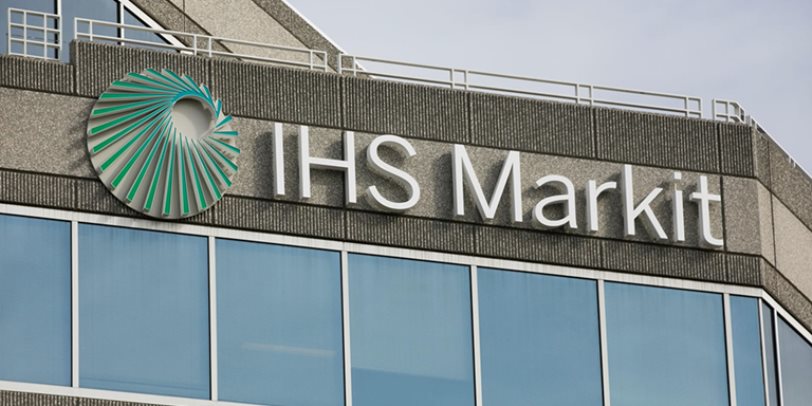Egypt’s PMI continues to contract but companies’ optimism goes up
The March data showed a faster decline in working conditions in the non-oil-producing private sector

“Deteriorating conditions in the sector” has led to Egypt’s PMI drop to 48 points in March, leading to its lowest level since June 2020, states an IHS Markit report released earlier today.
Egypt’s non-oil private sector activity continues to be in contraction, with IHS Markit’s Purchasing Managers’ Index (PMI) coming in at 49.3 in February, up from 48.7 in January.
Being below the 50-point level in the index indicates contraction.
The non-oil sector in Egypt witnessed a stronger, but modest, slowdown in March, which led to the continuation of the downturn that began at the end of last year and increased concerns about the economy recovering from the epidemic, noted David Owen, economic researcher at IHS Markit.
Owen also added that customer demand remained weak as new order inflows fell sharply, with export sales decreasing for the first time in 3 months.
The March data showed a faster decline in working conditions in the non-oil-producing private sector, as new business declined for the 4th month in a row and output fell at the highest rate since last June.
Hopes for a strong economic recovery has improved due to the launch of the vaccination rollout, the report added.
Read more on February’s PMI data > Egypt’s PMI up but still in contraction range, supported by foreign business
The report provides a positive note for the future, expecting more than half of the participating companies to see an increase in activity in the next 12 months, as companies are overall optimistic with optimism rising to almost the same level as last July, which was the highest in 29 months.
Approximately 12 percent of the companies participating in the study witnessed a decrease in new business beginning in February, and they often attributed this to weak market demand and the ongoing restrictions of the Corona pandemic, at the same time export sales declined for the first time in 3 months.
The decline in sales allowed companies to complete the backlog of work during the month of March, which declined for the third month in a row. The decrease in production needs has led to workforce reductions, continuing the year and a half trend.




